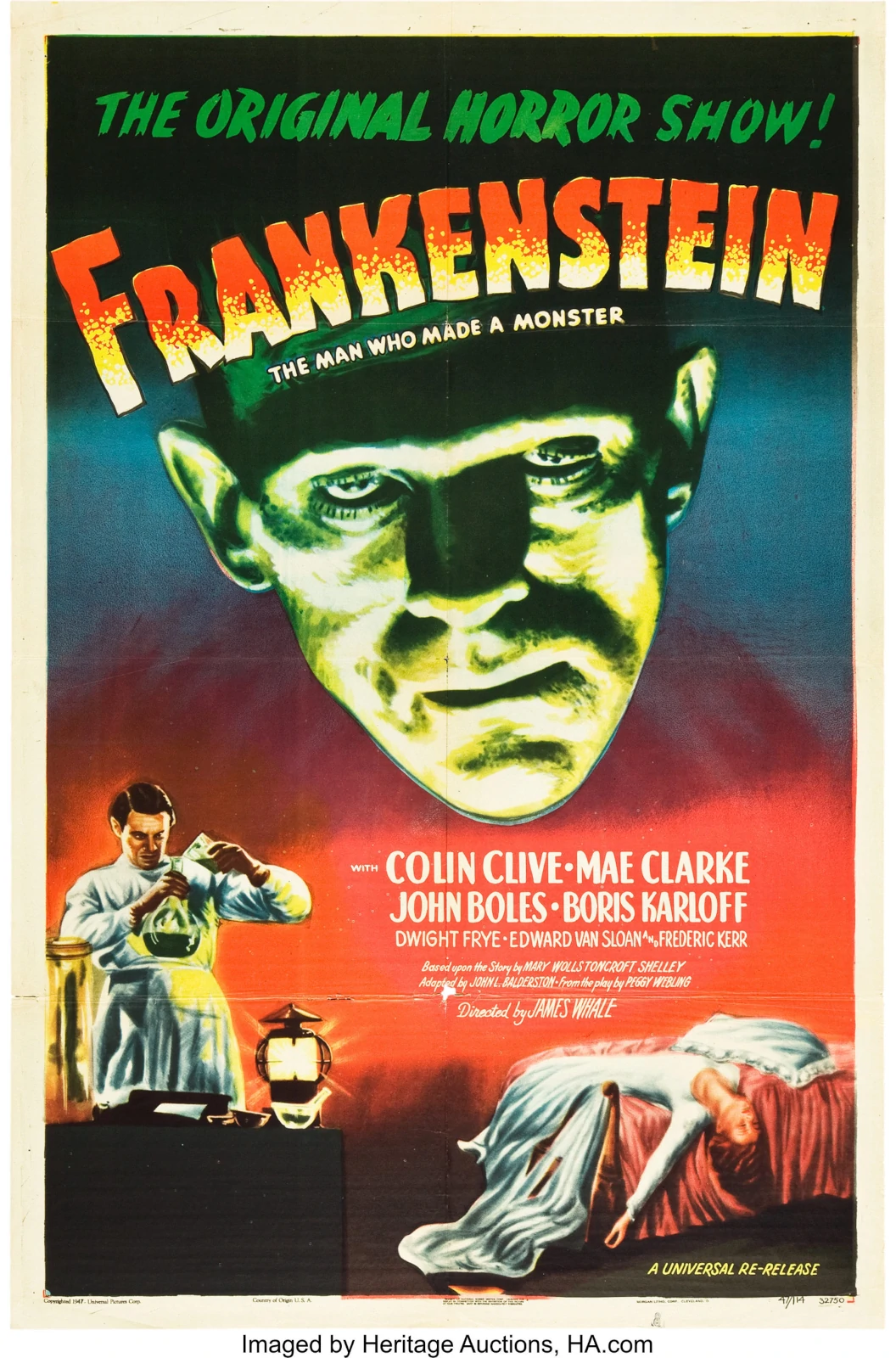
9 Classic Stories That Would Be Better with Trans Characters
Words By Viengsamai Fetters
1. Pinocchio
All moralizing aside, Pinocchio is a story about honesty and performativity. Is Pinocchio’s “I’m a real boy!” a deflection of questioning about gender identity or a declaration of it? Maybe in this version, Pinocchio’s nose doesn’t grow when he says it, and the Blue Fairy doesn’t have to change a thing to make him a boy—he already is one. Or perhaps it takes Pinocchio saying “fine, I’m a boy, then,” in defeat and her nose extending out a foot for people to believe her about her gender, because too many put their faith in bodies to judge what’s true. Either way, I’d much rather read a complex story about truth than a tall tale about morality.
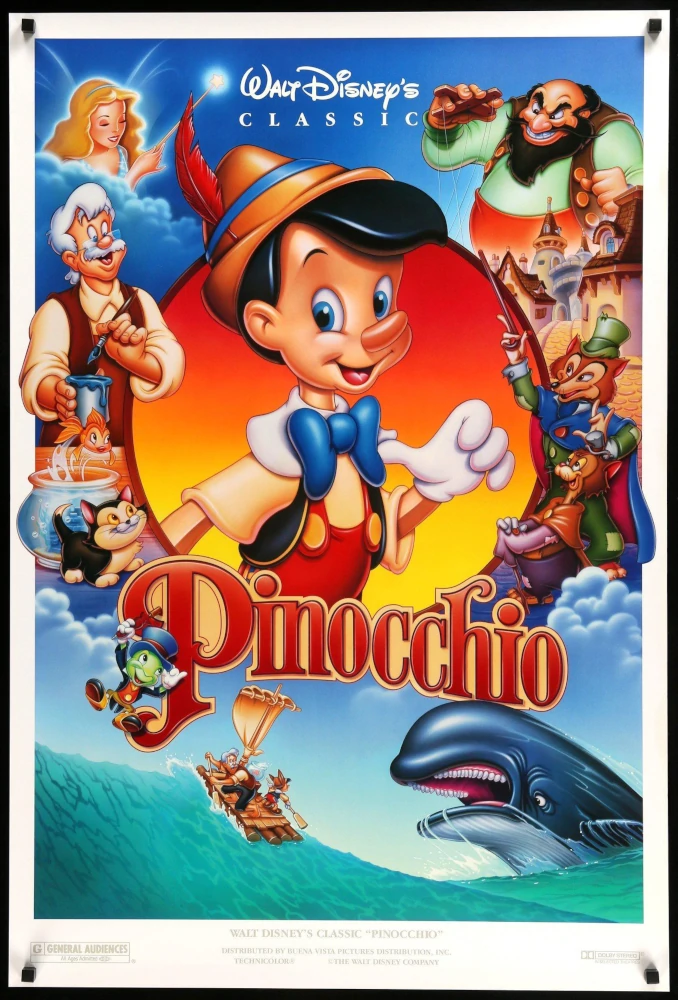
2. Dracula
Okay, but consider . . . Quincey. He’s just a random cowboy who helps take down the Count, and that’s pretty rad. That’s all the reasoning I need, to be quite honest—and cowboys were super queer to begin with, so why not?
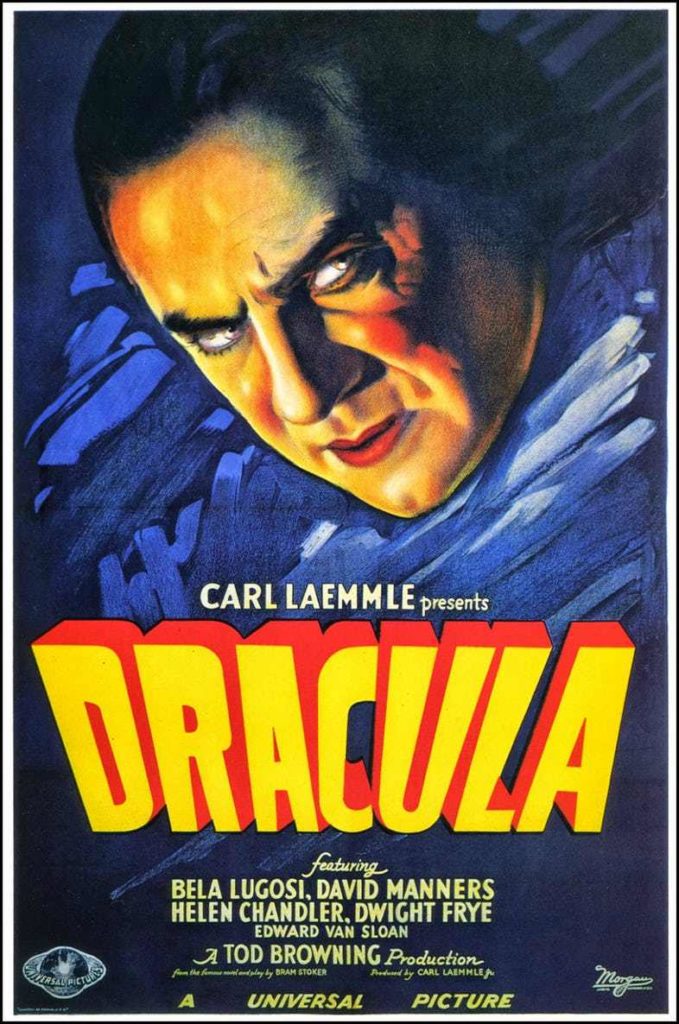
3. The Wizard of Oz
This series actually has a trans character, sort of. I just wish we saw more of her in popular culture. As a baby, Princess Ozma was assigned male by a witch (which we call “the gender binary” in real life) and discovers she’s a princess much later. Eventually she learns how to navigate her true self in a way that makes her happy and turns out to be a pretty rad ruler. Also, Ozma of Oz was the only Oz book I read as a kid, but I read it many times and I turned out trans. Coincidence? I think not.

4. Cinderella
Cinderella gets dressed for a party and her family doesn’t recognize her there. She has to take off the dress before her stepsisters see her. The person she spent all night with didn’t recognize her in her own house. Maybe it’s because she’s not out—she presented differently at the ball and at home, and neither her stepmother nor her prince knows what she looks like another way! Besides—believe me, I would know—it’s a lot harder to find size 12 heels than size 6, so it only makes sense that it’s harder to find a woman that a bigger shoe would fit.
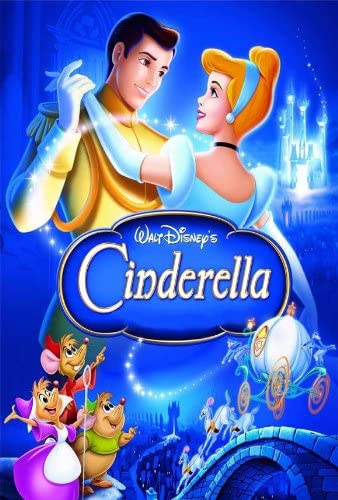
5. Frankenstein
Honestly, I already read this story as somewhat of a trans/non-binary narrative; there’s something so relatable to me about being considered monstrous because of your physicality, about people seeing you as not only undesirable as a partner but undesirable in society. In this novel, the mob is the bad guy and the Monster isn’t quite what he’s made out to be.
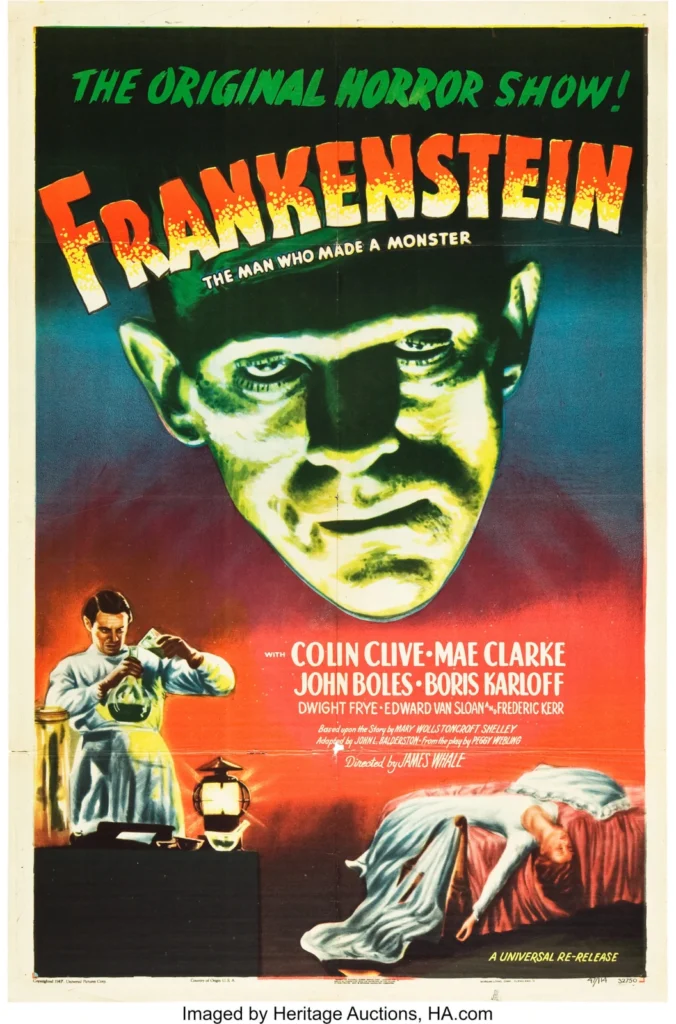
6. Rapunzel
Here I think about the Prince—perhaps Rapunzel’s Stockholm Syndrome adopted mother is angry about her having met the prince because she wants Rapunzel to keep believing in gender essentialism and binarism. Which sucks for her, because Rapunzel tracks down her Prince and they live happily ever after and Rapunzel becomes a huge advocate for trans rights. The End.
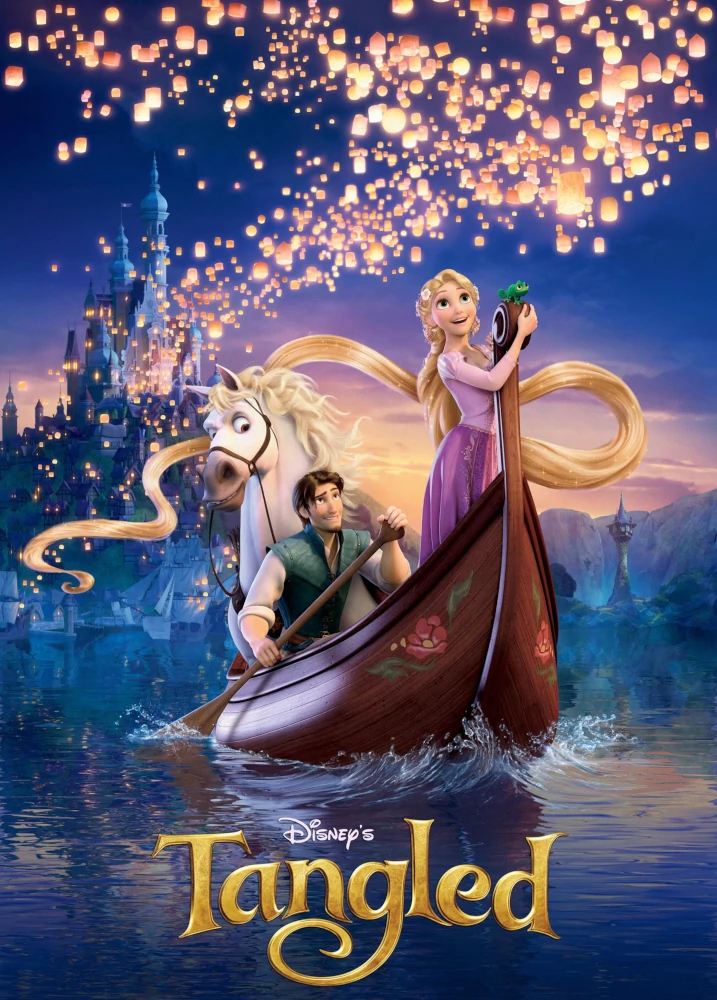
7. Hamlet
This one takes a little more finagling; to be honest, we have enough stories where LGBTQ+ folk die, and—spoiler alert!—pretty much everyone dies in Hamlet. Only Horatio survives—and perhaps in this version, Hamlet and Horatio were in a serious relationship in college, but Hamlet has to start dating Ophelia after Horatio starts to transition (because Hamlet is still working out his sexuality and isn’t ready to tell his family). Despite being on the DL, the boyfriends’ love for each other mostly thrives. However, Hamlet still strings Ophelia along, because he’s a jerk in every possible variant of this story. Horatio deserves better.
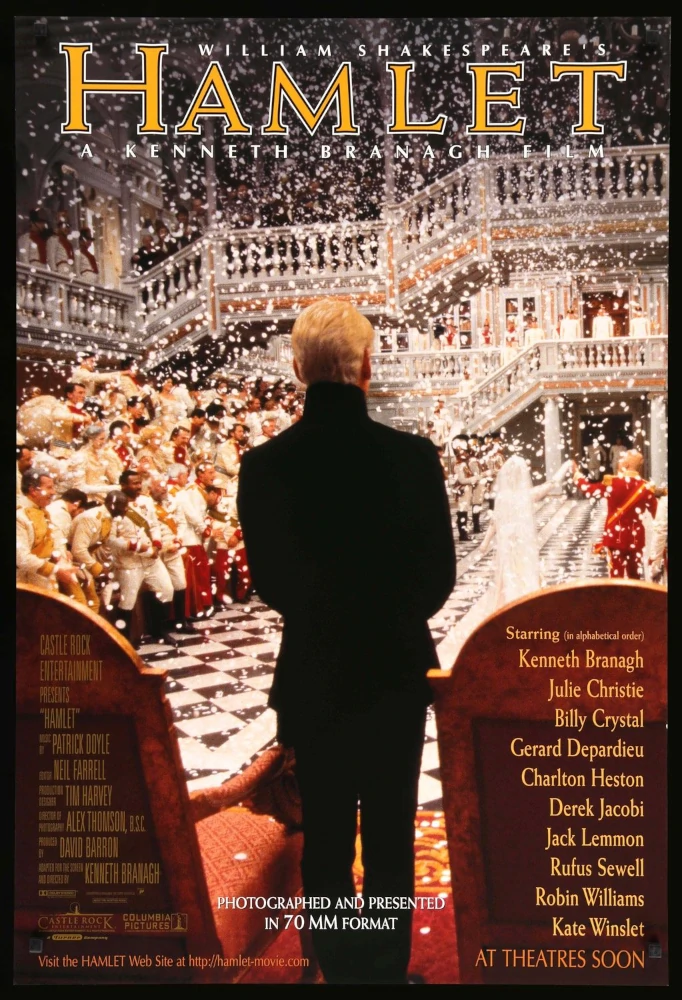
8. Winnie-the-Pooh
I hate wearing pants and am nonbinary, so clearly—by the law of syllogism—Winnie-the-Pooh, who also hates wearing pants, is nonbinary.
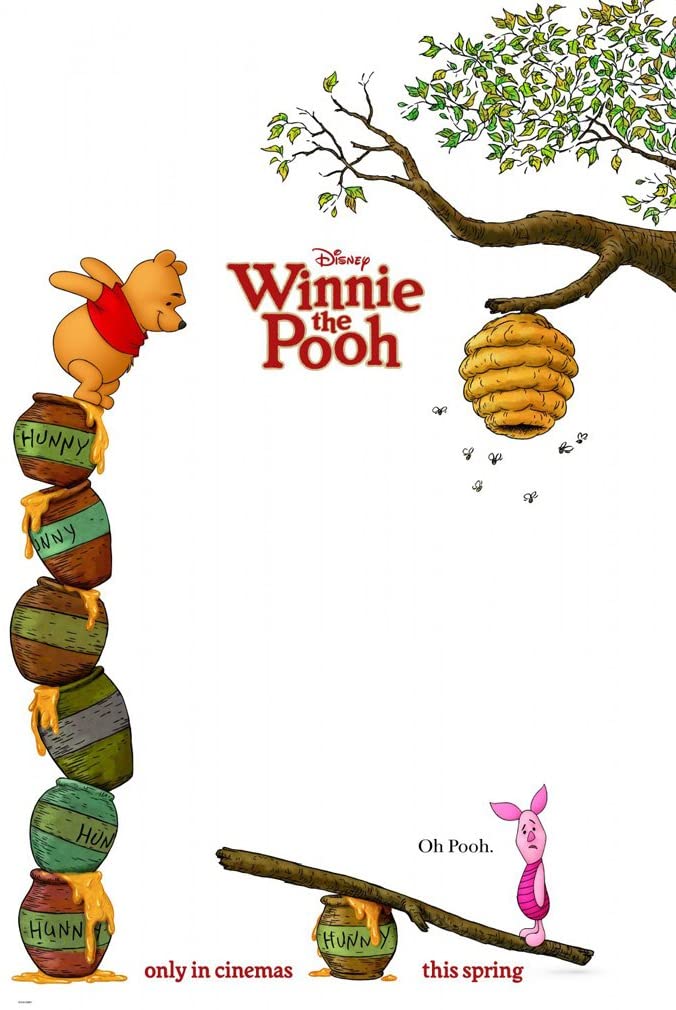
9. Any other story:
Look, I know I promised a listicle with 9 stories and so this may feel like a cop-out. But I mean it: all stories would be better with one or many trans characters. Maybe they’re not always the main character—I’m not sure that I want to read A Clockwork Orange through the point of view of Alex as a trans person, for example—but trans folk are real and we deserve to be in books!
We deserve to be heroes and love interests and side characters and people mentioned in passing. Hopefully one day there’ll be enough books that embrace us that we can start finding ourselves throughout the narrative, as good guys and neutral guys and even bad guys. We deserve to be normalized, because we’re ordinary. But we also deserve to be celebrated, because we’re extraordinary, too.